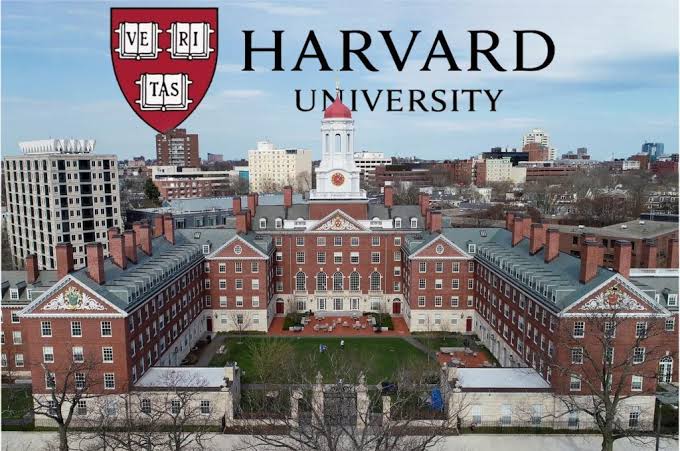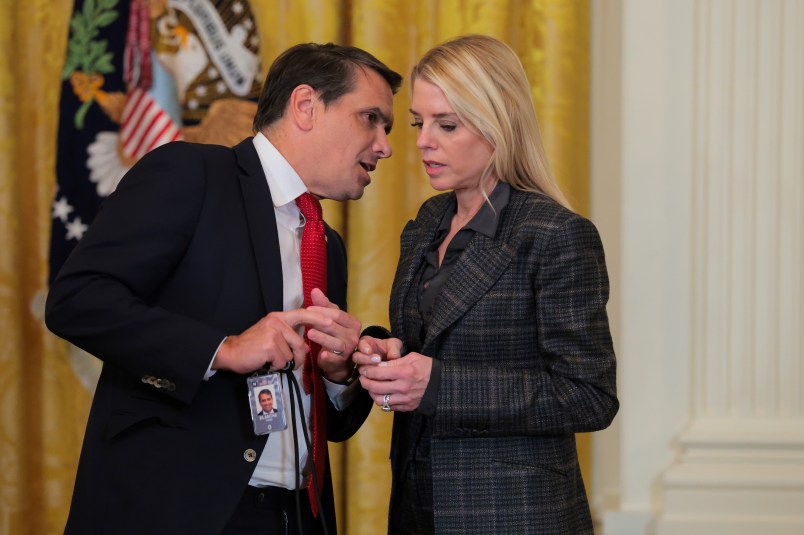
In an unprecedented move reflecting the rising tension between academia and politics, Harvard University and the University of Toronto have unveiled a joint contingency plan that could allow select international graduate students to continue their education in Canada, if the Trump administration’s sweeping visa restrictions are upheld.
At the heart of the conflict is a directive from the U.S. Department of Homeland Security, which last month sought to terminate Harvard’s authority to enroll international students. The department accused the university of failing to comply with a controversial request: to hand over behavioral data, including footage of peaceful protest activity by student visa holders and detailed disciplinary records from the past five years. Although a federal judge has since blocked the move, the legal uncertainty has left students, particularly those at Harvard’s John F. Kennedy School of Government; facing an uncertain academic future.
To counter this, Harvard has partnered with the University of Toronto’s Munk School of Global Affairs and Public Policy to offer a lifeline. The newly revealed program would allow eligible international students who have already completed at least one year at Harvard’s U.S. campus to temporarily continue their studies in Toronto. Courses will be co-taught by faculty from both institutions, ensuring a seamless continuation of Harvard’s public policy curriculum, even across borders.
“With these contingency plans in place, HKS will be able to continue to provide a world-class public policy education to all of our students, even if they cannot make it to our campus this year,” said Kennedy School Dean Jeremy Weinstein in a joint statement with the Munk School.
However, the program will only be activated if there is sufficient demand, specifically from students barred from re-entering the U.S. due to evolving visa restrictions.
The backdrop to this educational lifeline is a broader conflict between Harvard and the federal government. The Trump administration has recently proposed slashing billions in federal research funding for the university, citing concerns over its handling of campus protests and allegations of antisemitism tied to student demonstrations over the Israel-Hamas war. Weinstein, in a recent internal email, also announced staff layoffs at the Kennedy School, citing “unprecedented new headwinds,” including a steep increase in the endowment tax and significant cuts to federal research grants.
Harvard Kennedy School currently enrolls 739 students from 92 countries, with more than half of its student body coming from outside the United States. For many of them, the Toronto option could be more than a contingency, it could be a lifeline to complete the very education they crossed oceans to pursue.




